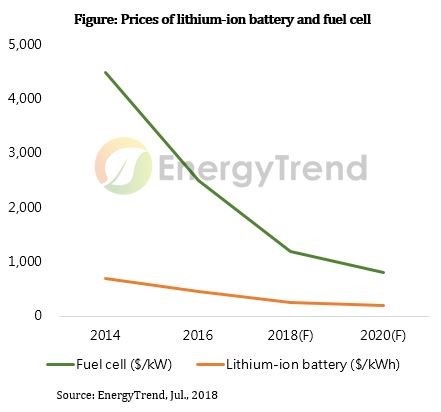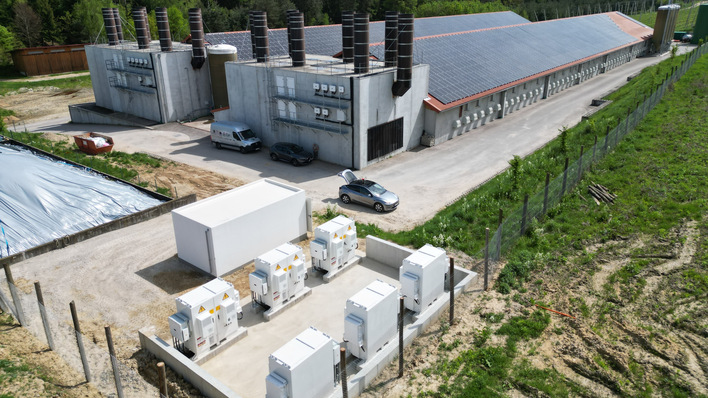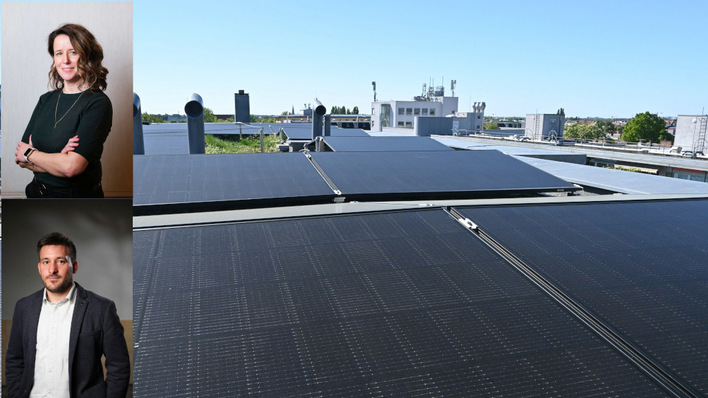EnergyTrend, a division of TrendForce, forecasts that the market share of electric vehicles will reach 5% in 2020 and 8~9% in 2023. According to Duff Lu, senior research manager of EnergyTrend, stricter CO2 emission targets for vehicles worldwide have been the main momentum for the growth of electric vehicle market. The target of CO2 emissions for cars in China was 200g/km in 2015, and is expected to be 119g/km in 2020. In North America and Europe, the targets will be 124g/km and 95g/km respectively in 2020, down from 150g/km and 130g/km respectively in 2015. By 2020, it will the first time for China to have a CO2 emission target lower than the U.S.
China promoting EVs to integrate its domestic battery industry
Generally speaking, Europe is reducing the CO2 emission step by step with great emphasis on environment protection. China is promoting electric vehicles using lithium-ion battery to integrate its domestic battery industry, which is a unique advantage. The United States is also striving to reduce carbon emission, but American car makers tend to be more conservative about this new energy, while drivers prefer to buy large cars.
Decrease of li-on battery prices by 100 USD/kWh within one year
On the battery side, the price of cobalt has been high in the past quarters, but the price of power batteries is expected to decrease steadily in the future with technical breakthroughs to be made. Solutions for high voltage and solutions with high ratio of nickel are expected decrease the use of cobalt. The price of lithium-ion batteries for vehicles was about 400~600 USD/kWh in 2016, and has decreased to 250~300 USD/kWh in 2018. The price is expected to fall below 200 USD/kWh in 2019.
EVs also for mid to long-range ride
Currently, electric vehicles are designed for short- or mid-range ride of 200~400km due to the energy density of lithium-ion battery, while fuel cells are used for mid- to long-range ride of 400~600km. As for the future, with the decreasing costs and increasing capacity of lithium-ion batteries, electric vehicles may also be used for mid- to long-range ride, squeezing the market share of fuel cells.
Large cost advantage compared to fuel cells
Previously, Toyota released high-energy-density fuel cells, whose prices have been decreasing rapidly in recent years. However, the current lifespan of the battery system is only 3,000 hours, thus peripheral devices are required to increase the lifespan. The additional costs would also impede mass production of vehicles using fuel cells. According to the survey of EnergyTrend, the average price of lithium-ion batteries in each electric passenger car is currently about US$15,000, and is expected to fall below US$10,000 in 2020, while the cost of fuel cells is about US$20,000 currently, showing a large gap. (HCN)
Stay informed, get our free newsletter twice a week. Register here
More useful information
Get our updated market overview charging sytems
http://www.pveurope.eu/News/E-Mobility/55-percent-growth-for-electric-cars
http://www.pveurope.eu/News/Energy-Storage/Battery-storage-Price-decline-uncertain
https://www.pveurope.eu/e-mobility/german-french-alliance-e-mobility-technologies








